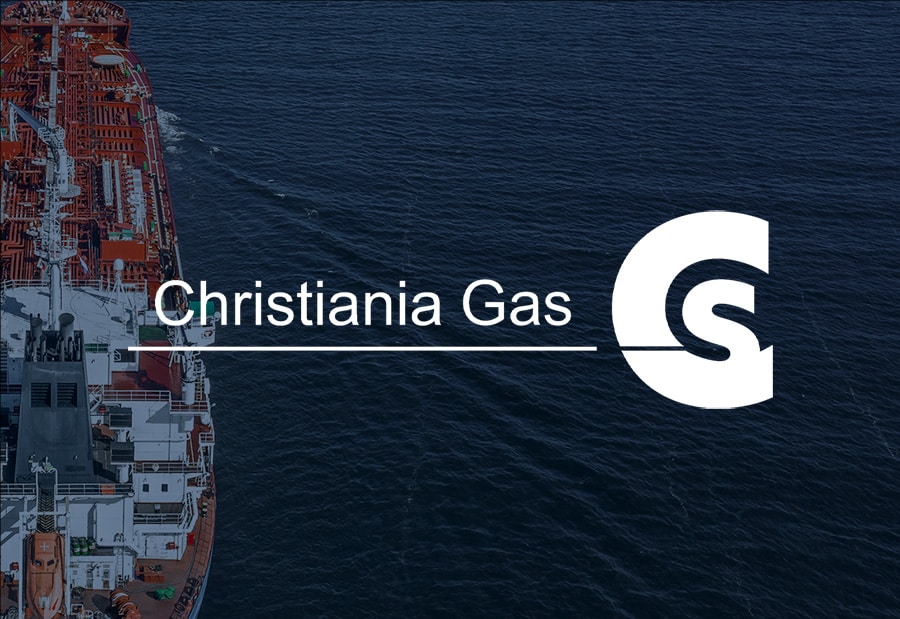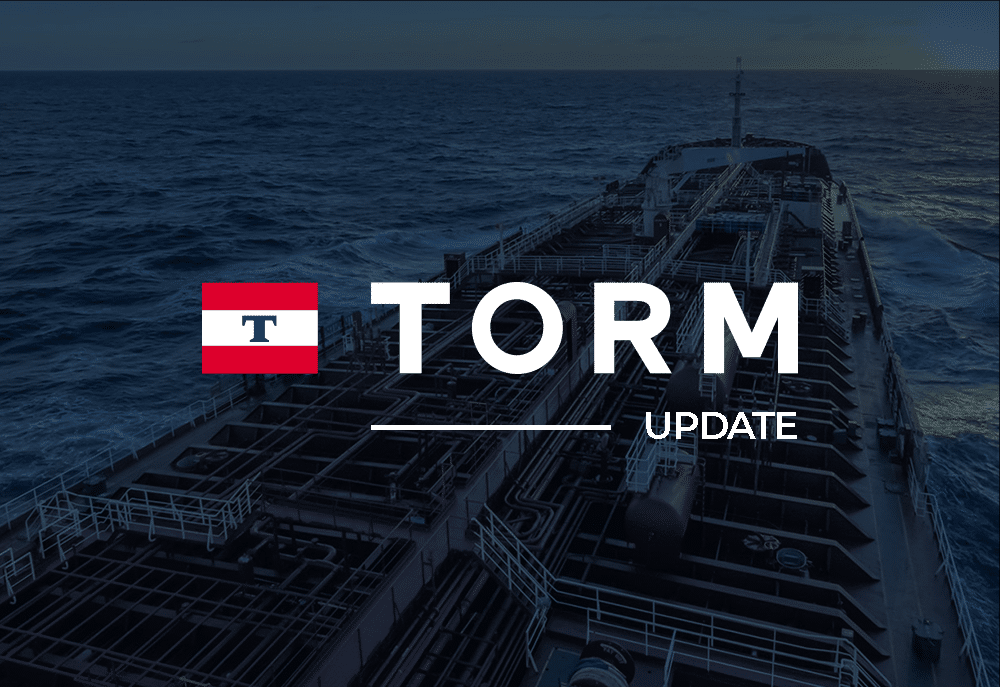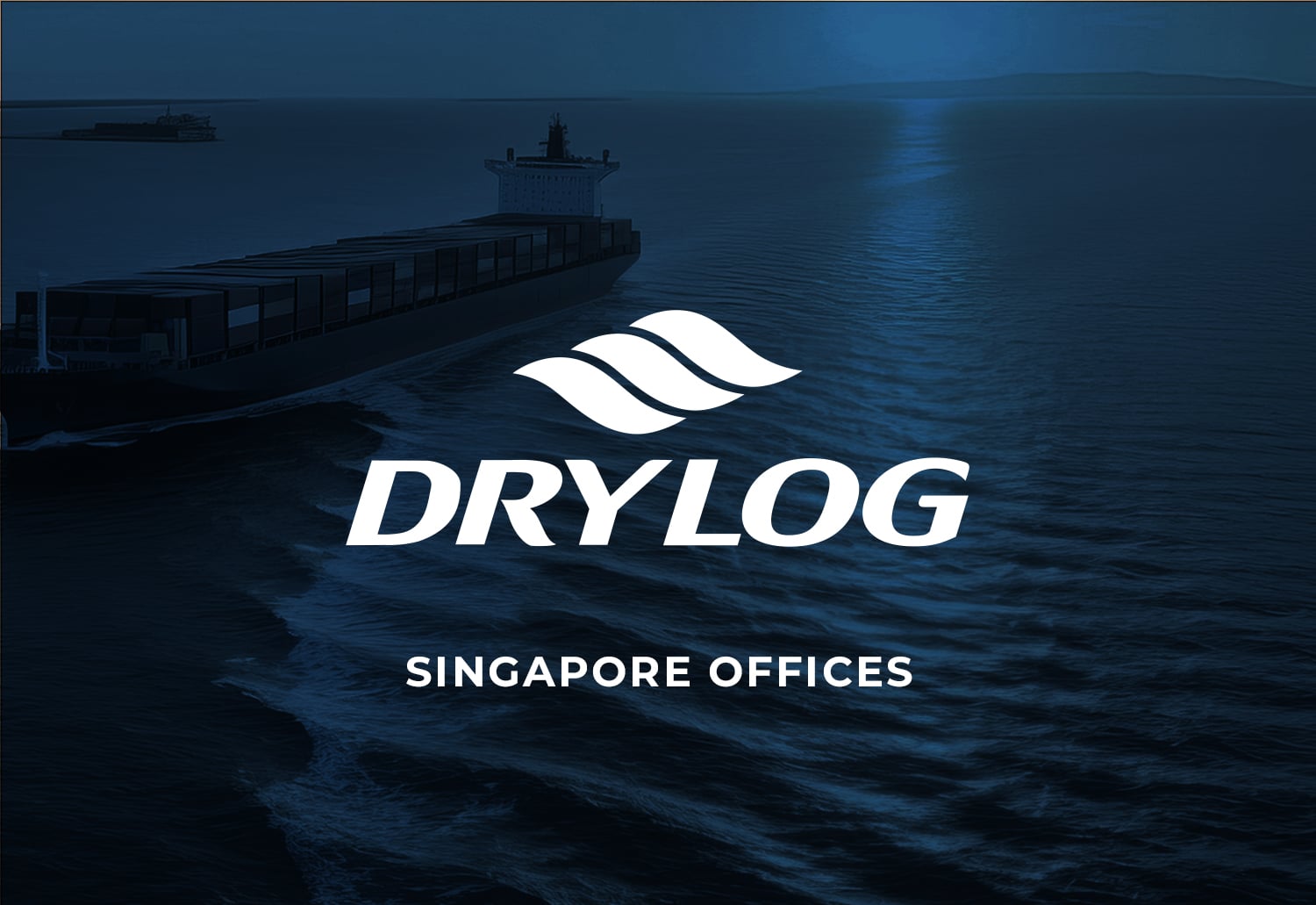Automation is transforming how we navigate, communicate, and operate in the maritime sector. Maritime professionals, including shipbrokers, charterers, operators, and port agents, harness advanced AI and automation tools to navigate the vast sea of data, enhancing every facet of their operations. By reducing delays, boosting safety, and amplifying efficiency, automation is enabling the maritime sector to sail smoother, safer, and smarter.
Join us as we explore how automation is not just an upgrade but a revolution in maritime operations.
1. Enhanced Safety for Maritime Teams
Automation is pivotal in improving crew safety. Venture Beat reports that human error contributes to 90% of accidents. Automated systems, adept at managing repetitive and complex tasks, markedly reduce the likelihood of human mistakes. For instance, email automation software ensures clear communication and accurate record-keeping, preventing miscommunication and ensuring that all parties have the necessary information.
Additionally, advanced automated systems continuously monitor vessel operations. These systems, in collaboration with email tools, can automatically distribute real-time alerts and updates to relevant personnel, ensuring prompt action in case of irregularities or emergencies.
The integration of automated monitoring and communication tools creates a safer environment for maritime teams, combining precision and efficiency to safeguard operations.
2. Boosting Efficiency in the Maritime Industry
According to Flair, AI automation has boosted operational efficiency by an average of 40% across various sectors. This boost in efficiency is critical for modern maritime operations. Automated navigation systems can determine the most efficient routes, cutting down travel time and fuel consumption. Furthermore, collaborative email software ensures that updated navigational plans and changes are automatically communicated to all maritime team members, maintaining seamless coordination.
Additionally, automation speeds up cargo operations. With automated email tools, updates about cargo status and logistics can be instantly shared with port authorities and shipping companies, ensuring smooth coordination and minimizing delays.
3. Cost-cutting through Automated Maritime Processes
Cost reduction is often a top priority in the maritime industry, and automation offers several avenues for achieving this goal. Automated route optimization saves fuel, and AI-driven email management can be used to share efficiency reports and fuel usage data with management for strategic decision-making.
Automation also reduces wear and tear on equipment. Streamlined email platforms keep track of maintenance schedules and equipment status, preventing unnecessary expenses by ensuring timely interventions. These cost-effective measures contribute to the overall financial health of maritime operations.
4. Elevating Environmental Sustainability
Environmental sustainability is increasingly important, and automation is helping the maritime industry reduce its ecological footprint. By optimizing routes and enhancing fuel efficiency, automation significantly reduces emissions. Automated email systems can distribute environmental performance reports and compliance documents to relevant stakeholders, ensuring transparency and accountability.
Additionally, automation enhances waste management processes on board, ensuring adherence to environmental regulations and reducing pollution. These initiatives help maritime companies achieve their sustainability goals and regulatory requirements.
5. Streamlined Data Management
Data is a valuable asset in the maritime industry, and automation facilitates efficient data management. Automation systems provide real-time data collection and analysis, enabling better decision-making and operational adjustments. Automated email tools help distribute this data quickly to relevant parties, ensuring everyone has the latest information.
Collaborative email platforms also facilitate better communication between ships and shore-based operations, enabling swift decision-making based on the latest data from automated systems. This seamless flow of information enhances overall operational efficiency and accuracy.
6. Meeting Regulations Securely with Advanced Automation
Compliance with international regulations is a necessity in the maritime industry, and automation helps ensure adherence to these standards. Collaborative email solutions can manage the distribution and archiving of compliance documents, keeping track of regulatory requirements and deadlines with automated reminders.
Automated security systems continuously monitor for unauthorized access and potential security threats, while advanced automated systems include cybersecurity measures to protect against digital threats and ensure the integrity of maritime operations. These measures help maritime companies meet regulatory requirements securely and efficiently.
Explore Maritime Automation Opportunities with Nordic IT
Setting sail on a maritime automation journey starts with automation-driven email management. Contact Nordic IT to explore how our collaborative email software can empower your maritime teams and transform their experience into a streamlined, efficient operation.
Discover the possibilities of maritime automation with Nordic IT. Let’s embark on this journey together.



